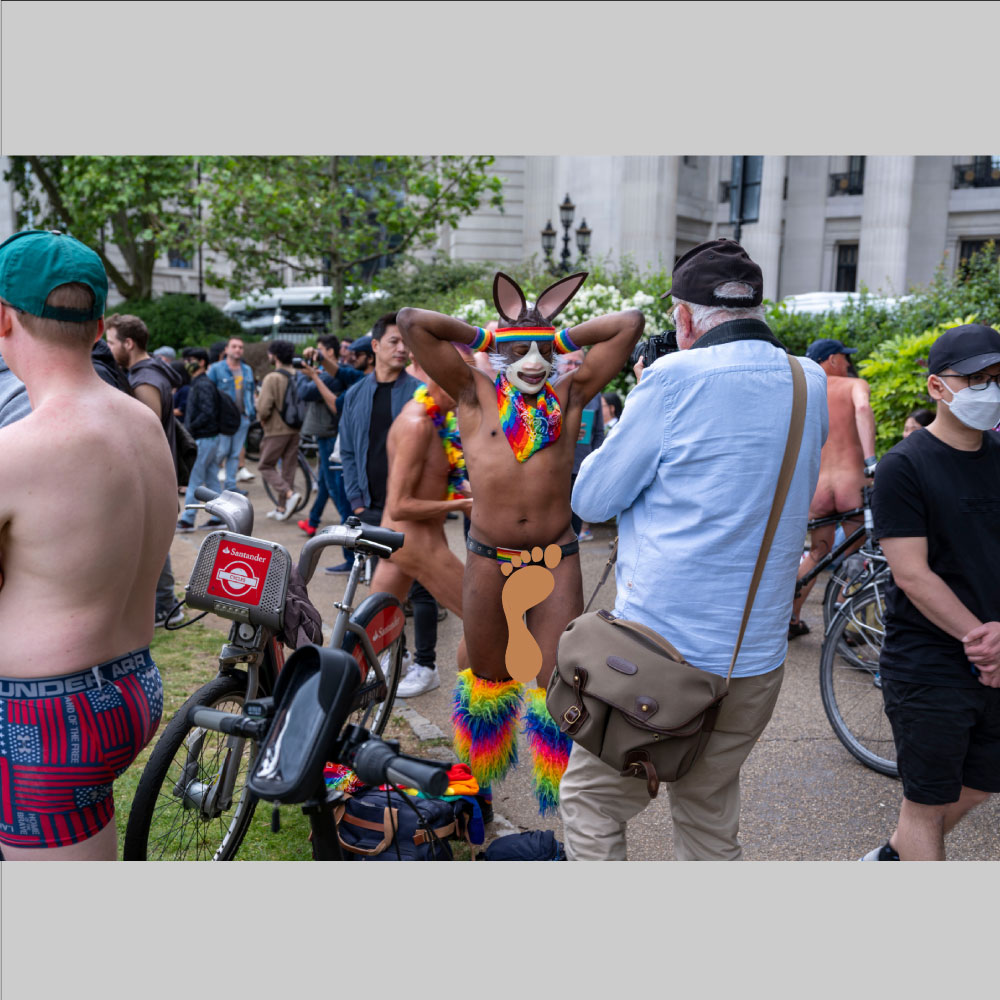Check out ‘The Changing Room’ – order our first poetry book
Worldwide Roar is now BAREFOOT MAN! Learn more

Stay up to date with our latest news, competitions and offers. We look forward to staying in touch.

20.02.24
At Barefoot Man, we focus on supporting men of all ages to revisit and perhaps unlearn the rules they were taught as boys. But what about the boys and young men who are still figuring out the rules that they will live by? Educators who are at the coalface of shaping future masculinity share their thoughts.
Mike Nicholson runs workshops for teenage boys on how to navigate the challenges of becoming men. When he discusses feminism, he notices a tangible discomfort among his audience. These kids are not keen on feminism as an idea.
Despite initial resistance, Nicholson, who advocates for boys’ and young men’s wellbeing through a programme called Progressive Masculinity, manages to sway many of the boys by clarifying that feminism advocates for women’s equal rights and opportunities.
But where does the problem come from? Nicholson observes that popular misconceptions significantly contribute to the boys’ initial apprehension towards feminism. He is particularly concerned about the resurgence of traditional, dominance-oriented views of masculinity, popularized by figures like Andrew Tate, who is known for his controversial and misogynistic perspectives.
Recent research by Ipsos for King’s College London and the Global Institute for Women’s Leadership reveals a surprising trend: young men aged 16-29 are more critical of feminism compared to older men, with a notable segment showing support for Tate.
Prof Bobby Duffy from Ipsos describes this as a unique generational shift. Most of us have grown up with the idea that younger groups are generally more progressive than the preceding generation, even if they become less progressive with age. This research suggests that we can no longer rely on that trend. What does that mean for the future?
Anna, a former secondary school teacher, has witnessed a decline in feminist attitudes among young men, paralleled by an increase in problematic behaviours like up-skirting and slut-shaming. Michael Conroy, founder of Men at Work, has similarly noted a deterioration in young men’s attitudes towards women that seems to correlate with the widespread use of smartphones.
Conroy attributes part of this trend to Tate’s ability to exploit the vulnerabilities and confusions of young men, especially in an era where pornography is easily accessible. Tate, who currently faces serious legal charges in Romania, including human trafficking and rape, produces videos that often blend hard work ethics with misogynistic views towards women. They are very popular with young men.
Daniel Guinness of Beyond Equality works with boys and men in various settings, focusing on challenging traditional masculinity norms. He notes that many men feel burdened by societal expectations of manhood, fearing emotional vulnerability and failure. While many hold positive views on women and feminism, they feel concerned about being unfairly stereotyped.
The Everyone’s Invited website, part of the #MeToo movement, highlights the issue of sexual harassment and assault, emphasizing the need for men to acknowledge and address these societal problems.
Despite Tate’s declining popularity since his arrest (he denies the charges), Nicholson warns of other influencers ready to take his place in the “manosphere,” indicating that the issue is systemic rather than isolated to individual figures.
Nick Hewlett, head of St Dunstan’s College, suggests that the educational system might be pushing boys towards extreme viewpoints by not appropriately understanding and directing masculine traits like competitiveness and banter. He emphasizes reshaping these traits and involving girls in the conversation to understand the impact of their behaviour.
So what can we do about this? At Barefoot Man, we want to support all men to become advocates for healthier masculinities. Our Head of Policy, Dr Susan McLaren, is a former senior civil servant in the UK government who now consults for charities and foundations on social policy and behaviour change.
Susan will be appearing in future editions of our new podcast series to discuss how we will use our research to develop policies for meeting the educational needs of boys and young men. If you would like to be a part of this, fill in the form at the Barefoot Man website to join our Research Community today!

Barefoot Man is proud to be working with the World Naked Bike Ride (WNBR) in London on creating content about...…

The Warwick Rowers began as a humble student calendar initiative, but over the years it has evolved into a much...…
You need to load content from reCAPTCHA to submit the form. Please note that doing so will share data with third-party providers.
More InformationYou need to load content from Turnstile to submit the form. Please note that doing so will share data with third-party providers.
More InformationYou need to load content from reCAPTCHA to submit the form. Please note that doing so will share data with third-party providers.
More Information